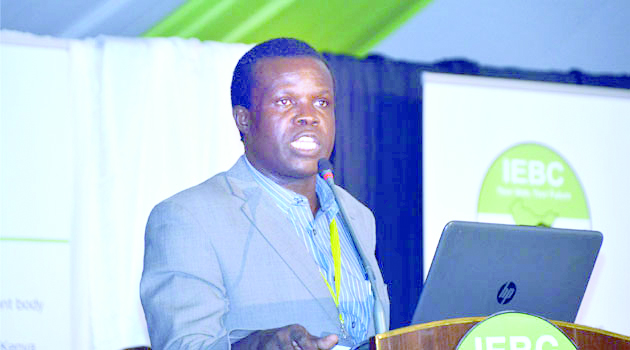Let MPs execute their roles without intimidation

In its rush to impose the housing levy and other taxes on Kenyans through the Finance Bill, 2023, the Kenya Kwanza administration has abandoned its own manifesto it used to convince voters to cast their ballot with the coalition in the 2022 General Election.
Far from its promise to create “a convergence of political and economic power”, Kenya Kwanza seeks to impose more taxes through the Bill on an already overtaxed and impoverished population whose lot it does very little, if at all to support to improve their conditions.
In its manifesto, Kenya Kwanza recognised, (as if it had a premonition of its own impending failures) that: “Kenyans are rightfully sceptical of lofty promises and seemingly well-crafted plans that never get implemented”, going further to add that: “there are three tests that a good plan must pass, namely prioritisation, sequencing and financing”.
In its so-called ‘Bottom Up Economic Transformation Agenda 2022 – 2027”, the coalition identified areas such as “dairy and seasonal crops, and the resolution of pending bills as priority areas for quick wins” within six months after elections. After the quick wins, Kenya Kwanza promises were to be followed by “short term interventions that would deliver impact within six – eighteen months”. Examples of the short-term interventions were cited in the manifesto as: “including establishing feedlots for cattle and rehabilitation of crops such as coffee and cashew nuts”.
It is significant to point out that the “affordable housing programme” that has now become an obsession, alongside other interventions such as Universal Health Care, coffee, fruit and nut trees were categorised in the Kenya Kwanza manifesto as: “Medium Term Interventions that would be delivered in 36 months’ time”.
And as precisely as it had predicted, Kenya Kwanza seems to have fallen into the same trap of making “lofty promises and seemingly well-crafted plans that never get implemented.” It is now clear the coalition has not only failed to apply itself to achieving the quick wins and short term plans as outlined in the Bottom Up Economic and Transformation Agenda. The ruling coalition is completely out of touch with realities of deteriorating economic circumstances of majority of the population grappling with high cost of living.
While the 2023/24 budget policy statement and proposals state that “public spending will be directed to the most critical needs to achieve economic recovery and inclusive growth”, it is the submission of the Kenya National Civil Society Centre that the housing programme is not the most critical and pressing need for Kenyans at this point in time.
Besides, the manner in which the Executive seems to be hell-bent on forcing the housing levy down the throats of Kenyans points to the possibility that there could be more than meets the eye in the housing programme.
There are vested interests in the housing project that have nothing to do with creating jobs for the youth and enabling Kenyans to own homes. The poorly concealed motivation is to reward cronies and financiers who may have supported the ruling coalition during the 2022 elections with the lucrative tenders that will arise from the project. In view of the foretasted, the Kenya National Civil Society Centre calls on President William Ruto and his government to allocate available financial and human resources towards addressing the most critical and pressing needs of the people as pledged in the Kenya Kwanza manifesto.
KNCSC also calls on the President to respect other arms and institutions of government and to let MPs exercise their roles of representation, legislation and oversight independently without the kind of blackmail and intimidation emanating from the Executive.
— The writer is the Kenya National Civil Society Centre Executive Director












